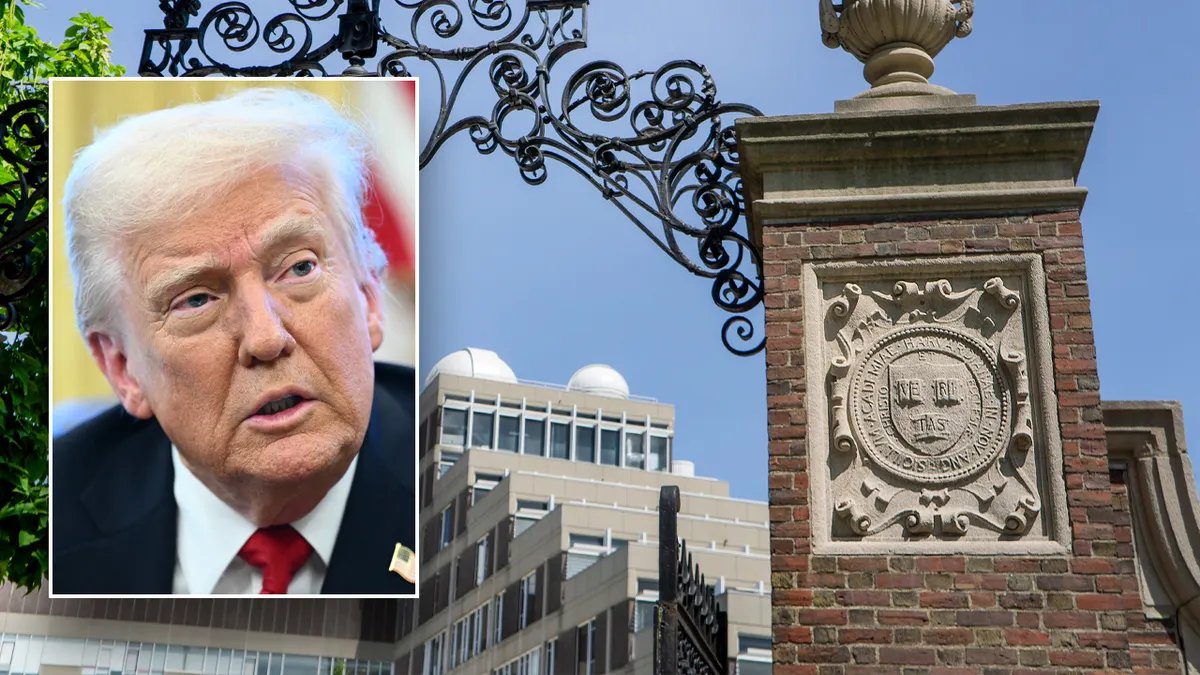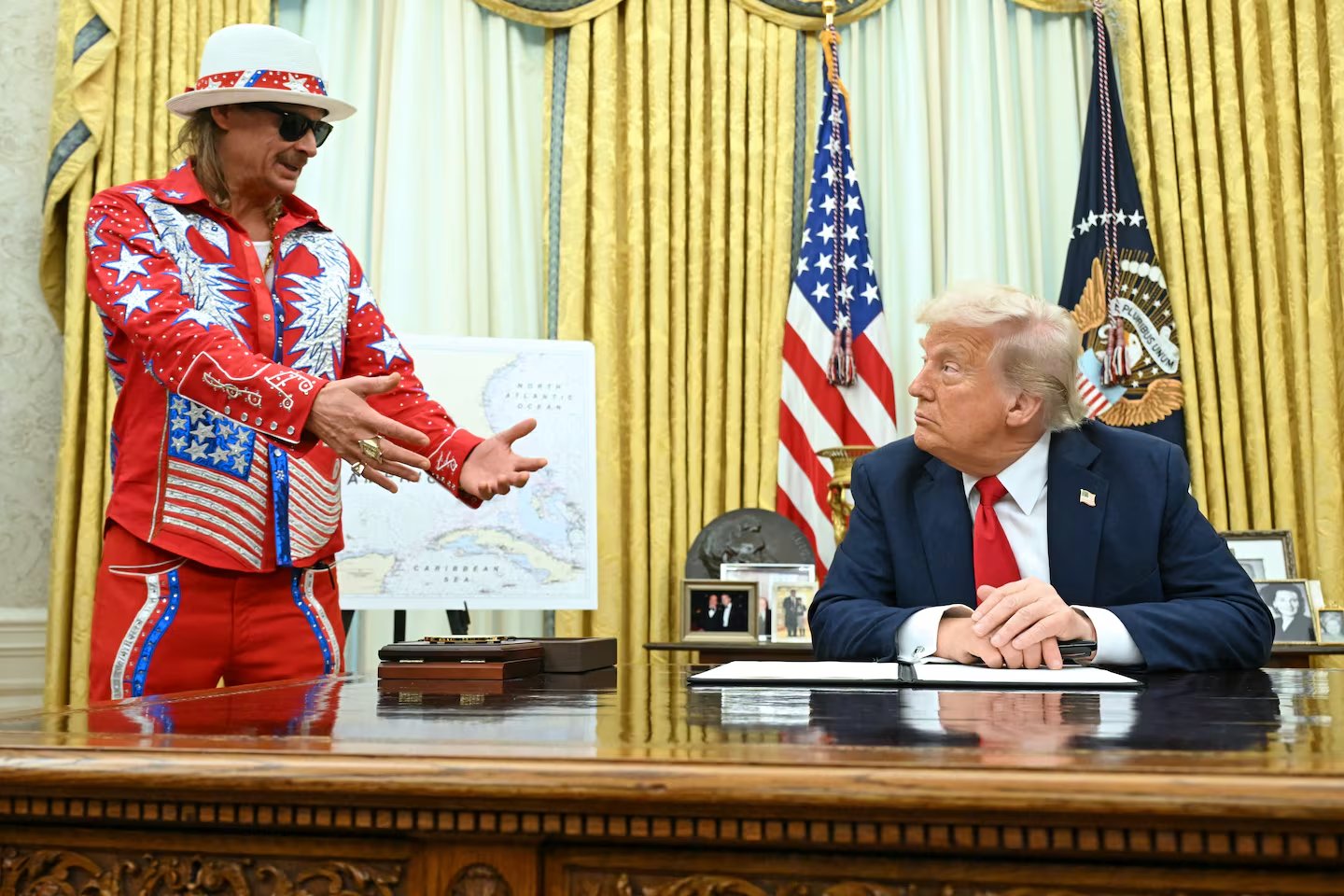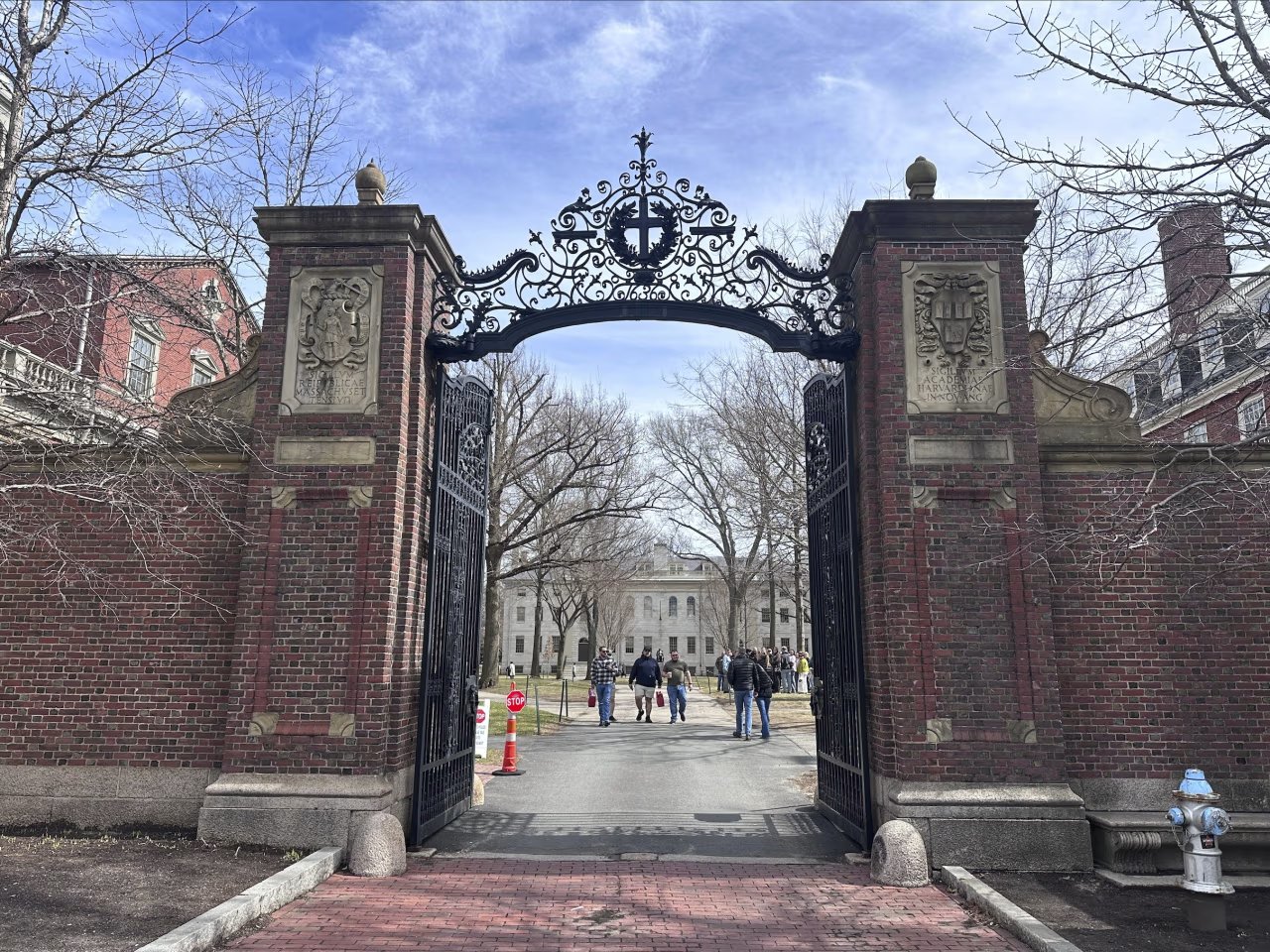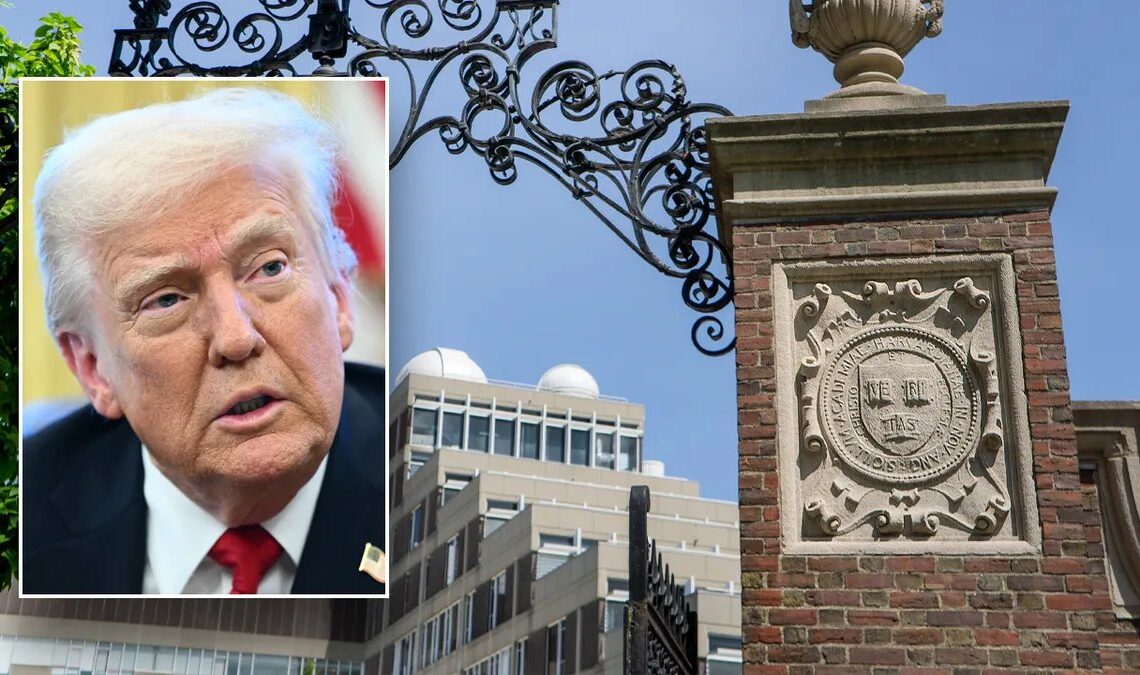In a surprising turn of events, the Trump administration is reconsidering nearly $9 billion in federal funding for Harvard University. This move has raised significant concerns within both the academic and political communities, sparking debates about the role of public funding in private educational institutions. Harvard, one of the most prestigious universities in the world, relies on government support for a wide array of research projects, student aid, and faculty salaries. The potential impact of this reconsideration could be far-reaching, affecting not only the university itself but the broader landscape of American higher education.

### The Trump Administration’s Focus on Funding Cuts
The Trump administration has consistently advocated for reducing federal spending on education, particularly when it comes to public funding for private institutions like Harvard. The proposed cut of nearly $9 billion in funding is part of the administration’s broader strategy to decrease government expenditure in areas it deems unnecessary or excessive. Critics argue that cutting funding to institutions like Harvard would undermine the educational system and disproportionately affect students who depend on federal grants and loans. On the other hand, supporters of the decision believe that it is time for universities to rely more on private funding and less on taxpayer dollars.
### Harvard’s Dependence on Federal Funding
Harvard University, like many other Ivy League schools, receives significant federal funding for various purposes. These funds support a wide range of activities, including scientific research, medical advancements, and public policy studies. Harvard is also home to a number of federally funded projects that have led to major breakthroughs in medicine, technology, and the humanities. Losing nearly $9 billion in federal funding could disrupt many of these projects, potentially slowing down critical advancements in various fields. Furthermore, Harvard, as a private institution, receives funds from a mix of tuition fees, endowments, and government grants, making the loss of such a large sum particularly impactful.

### The Debate Over Government Funding for Private Universities
The question of whether taxpayer money should be used to support private institutions like Harvard has long been a topic of debate. Critics argue that it is unfair for the public to fund institutions that serve a small, elite portion of the population. They contend that the immense wealth of universities like Harvard, which boasts an endowment exceeding $40 billion, should be sufficient to sustain their operations without relying on government support. On the other hand, proponents of federal funding for private universities argue that these institutions contribute to the public good through research and innovation, making them deserving of government support. The ongoing debate raises important questions about the balance between public and private interests in the realm of higher education.
### Potential Consequences for Harvard and Students
If the Trump administration’s proposal to cut $9 billion in funding is implemented, the consequences for Harvard University could be severe. Many students, particularly those from low-income backgrounds, rely on federal financial aid to attend prestigious universities like Harvard. A reduction in funding could lead to higher tuition rates or reduced financial aid packages, making it more difficult for students to afford a Harvard education. Additionally, the loss of research funding could impact faculty members and researchers, particularly those working on federally funded projects in science, medicine, and the social sciences. The potential loss of jobs and academic opportunities could have long-term repercussions for both the university and the broader academic community.

### The Impact on the Broader Landscape of Higher Education
The potential funding cuts to Harvard are part of a larger trend of reevaluating federal spending on higher education. If successful, this move could set a precedent for other universities across the nation, particularly private institutions that receive federal funding. The consequences of such cuts could be felt across the country, affecting not only prestigious Ivy League schools but also smaller colleges and universities that rely on government grants and loans. A reduction in funding could exacerbate the financial strain already felt by many institutions, potentially leading to cuts in academic programs, research opportunities, and faculty positions.
### The Future of Federal Funding for Higher Education
The reconsideration of nearly $9 billion in funding for Harvard University marks a pivotal moment in the ongoing debate over the role of government funding in higher education. While the Trump administration’s proposal may be seen as a step toward reducing federal spending, it also raises important questions about the long-term impact on academic institutions and students. As the situation unfolds, it remains to be seen how Congress will respond and whether any compromises can be reached. For now, the future of federal funding for higher education hangs in the balance, with potential consequences for universities and students across the United States.
